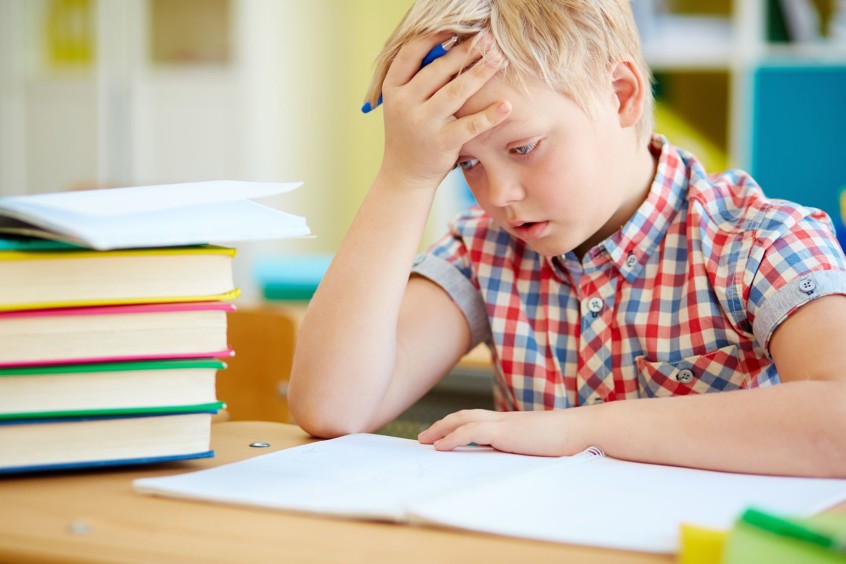Justin Clark MEd, MLearningInnovation, BEd, BA
I’m an experienced, qualified, and registered Primary and Secondary school teacher based in Brisbane. I have a passion for teaching children whose academic performance does not accord with their intelligence due to learning difficulties such as dysgraphia. My qualifications include Master’s degrees majoring in learning disabilities and learning innovation, along with a Bachelor’s degree in education, and a Bachelor of Arts specialising in Psychology & Theology.



